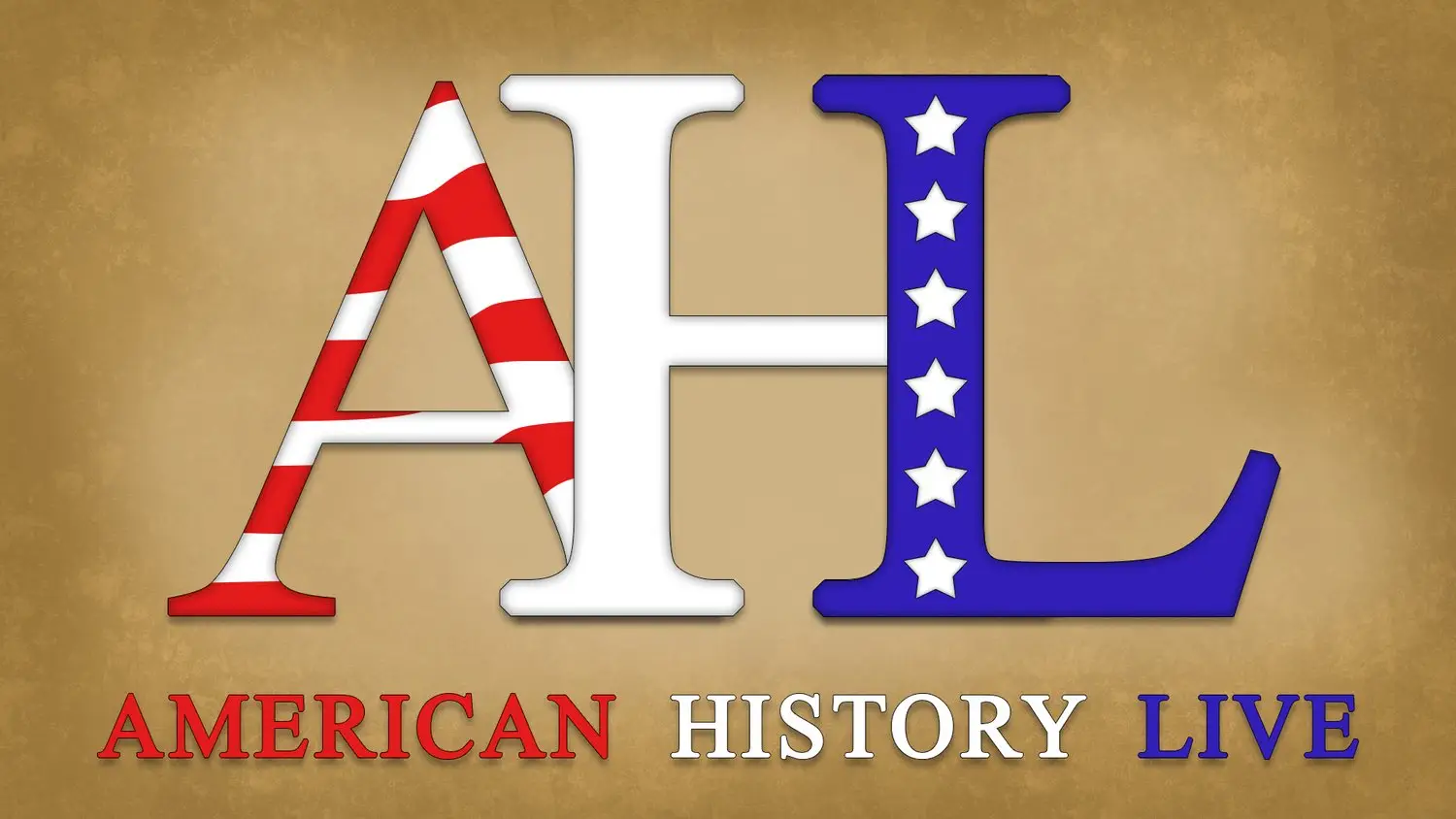SS.3.AA.1.1 - Identify African Americans who demonstrated heroism and patriotism.
- Who Was Prince Hall?
SS.3.CG.1.1 - Explain how the U.S. Constitution establishes the purpose and fulfills the need for government.
- The Constitutional Convention
SS.3.CG.1.2 - Describe how the U.S. government gains its power from the people.
- The Constitutional Convention
SS.3.CG.2.1 - Describe how citizens demonstrate civility, cooperation, volunteerism and other civic virtues.
Characteristics of Responsible Citizenship
Volunteerism
SS.3.CG.2.4 - Recognize symbols, individuals, documents and events that represent the United States.
Clarification 2: Students will recognize James Madison, Alexander Hamilton…
Clarification 4: Students will recognize the Constitutional Convention.
Founding Fathers: George Washington, Benjamin Franklin, John Adams, Thomas Jefferson, James Madison, Alexander Hamilton
Who Was Alexander Hamilton
Constitutional Convention
SS.3.CG.3.1 - Explain how the U.S. and Florida Constitutions establish the structure, function, powers and limits of government.
Federalism and the Great Compromise
The Three Branches of Government
SS.3.CG.3.2 - Recognize that the government has local, state and national levels.
Different Levels of Government
SS.4.A.3.7 - Identify nations (Spain, France, England) that controlled Florida before it became a United States territory.
- Florida and the Revolutionary War
SS.5.AA.1.1 - Examine the life of African Americans in the colonial era
Slavery in Northern Colonies/States
Life of Free African Americans in the 1700s
Who Was Prince Hall?
SS.5.A.4.1 - Identify the economic, political and socio-cultural motivation for colonial settlement.
The Original 13 Colonies
SS.5.A.4.2 - Compare characteristics of New England, Middle, and Southern colonies.
The Original 13 Colonies
SS.5.A.4.3 - Identify significant individuals responsible for the development of the New England, Middle, and Southern colonies.
The Original 13 Colonies
SS.5.A.4.4 - Demonstrate an understanding of political, economic, and social aspects of daily colonial life in the thirteen colonies.
Life in Colonial America
SS.5.A.4.6 - Describe the introduction, impact, and role of slavery in the colonies.
- Slavery in Northern Colonies/States
SS.5.A.5.1 - Identify and explain significant events leading up to the American Revolution.
- Colonial America: Causes of Independence
SS.5.A.5.2 - Identify significant individuals and groups who played a role in the American Revolution.
Founding Fathers: Alexander Hamilton, George Washington, John Adams, Samuel Adams, John Hancock
Founding Fathers: Benjamin Franklin, Thomas Jefferson, James Madison, George Mason, John Jay
Mothers: Abigail Adams, Betsy Ross, Mercy Watson, Phyliss Wheatly, Deborah Sampson
Abigail Adams: Revolutionary Ideas for Women and Against Slavery
SS.5.A.5.3 - Explain the significance of historical documents including key political concepts, origins of these concepts, and their role in American independence.
Declaration of Independence
SS.5.A.5.4 - Examine and explain the changing roles and impact of significant women during the American Revolution.
Founding Mothers: Abigail Adams, Betsy Ross, Mercy Watson, Phyliss Wheatly, Deborah Sampson
Abigail Adams: Revolutionary Ideas for Women and Against Slavery
Homefront American Revolution
SS.5.A.5.8 - Evaluate the personal and political hardships resulting from the American Revolution.
Abigail Adams: Revolutionary Ideas for Women and Against Slavery
Homefront American Revolution
SS.5.A.5.10 - Examine the significance of the Constitution including its key political concepts, origins of those concepts, and their role in American democracy.
Constitutional Convention
SS.5.CG.1.1 - Recognize that the Declaration of Independence affirms that every U.S. citizen has certain unalienable rights.
Declaration of Independence
SS.5.CG.1.2 - Explain how and why the U.S. government was created by the U.S. Constitution.
Articles of Confederation
Constitutional Convention
Federalism and the Great Compromise
Federalist vs Anti-Federalsit
SS.5.CG.1.4 - Describe the history, meaning and significance of the Bill of Rights.
The Bill of Rights
SS.5.CG.2.2 - Compare forms of political participation in the colonial period to today.
Abigail Adams: Revolutionary Ideas for Women and Against Slavery
SS.5.CG.2.4 - Evaluate the importance of civic duties and responsibilities to the preservation of the United States’ constitutional republic.
Responsible Citizenship
SS.5.CG.2.6 - Explain symbols and documents that represent the United States.
Students will recognize the U.S. Constitution (specifically the Bill of Rights).
- The Bill of Rights
SS.5.CG.3.1 - Describe the organizational structure and powers of the national government as defined in Articles I, II and III of the U.S. Constitution.
Articles I-III of the United States Constitution
SS.5.CG.3.2 Analyze how the U.S. Constitution and Bill of Rights limit the power of the national government and protect citizens from an oppressive government.
Articles I-III of the United States Constitution
The Bill of Rights
